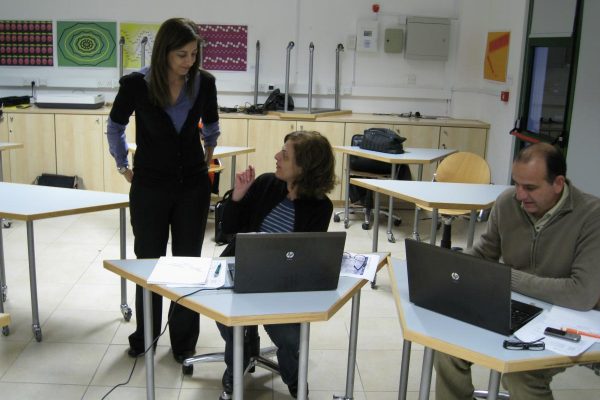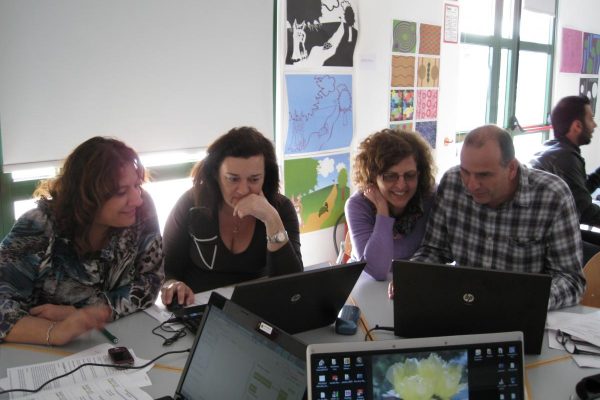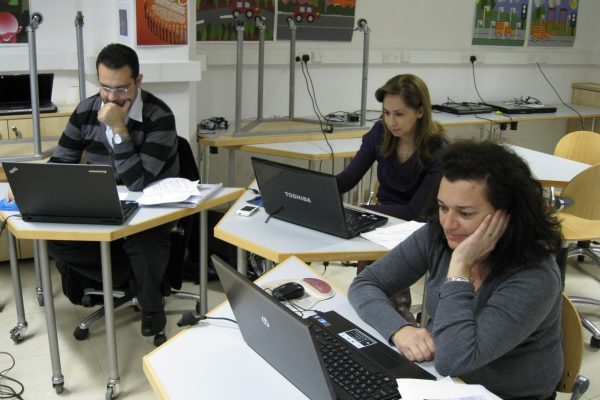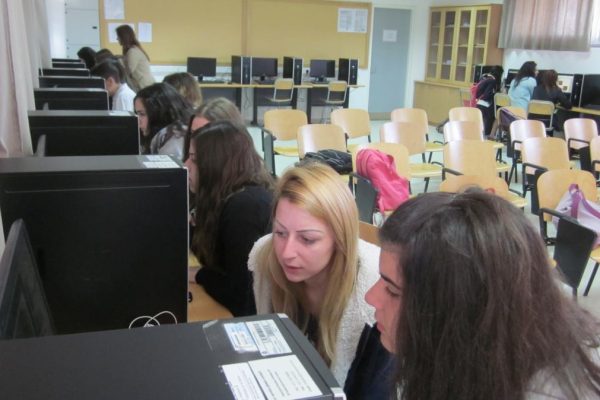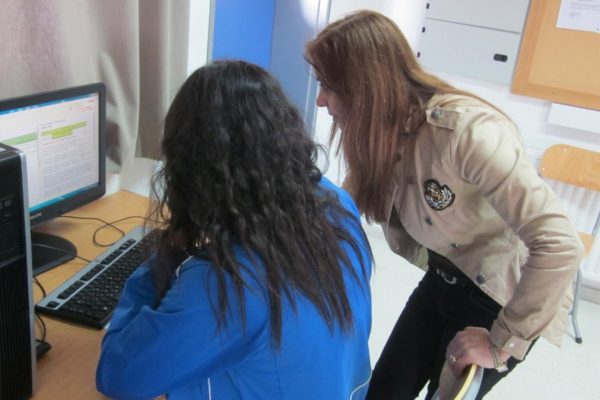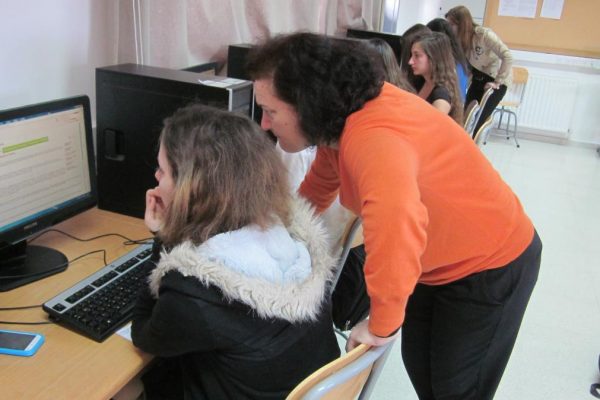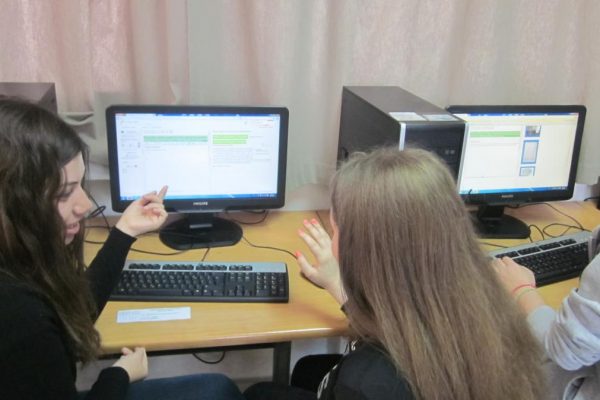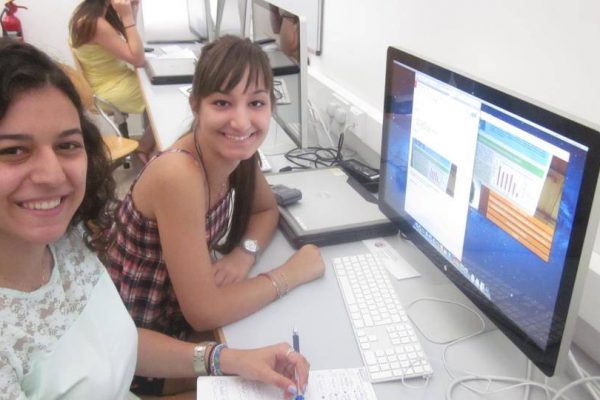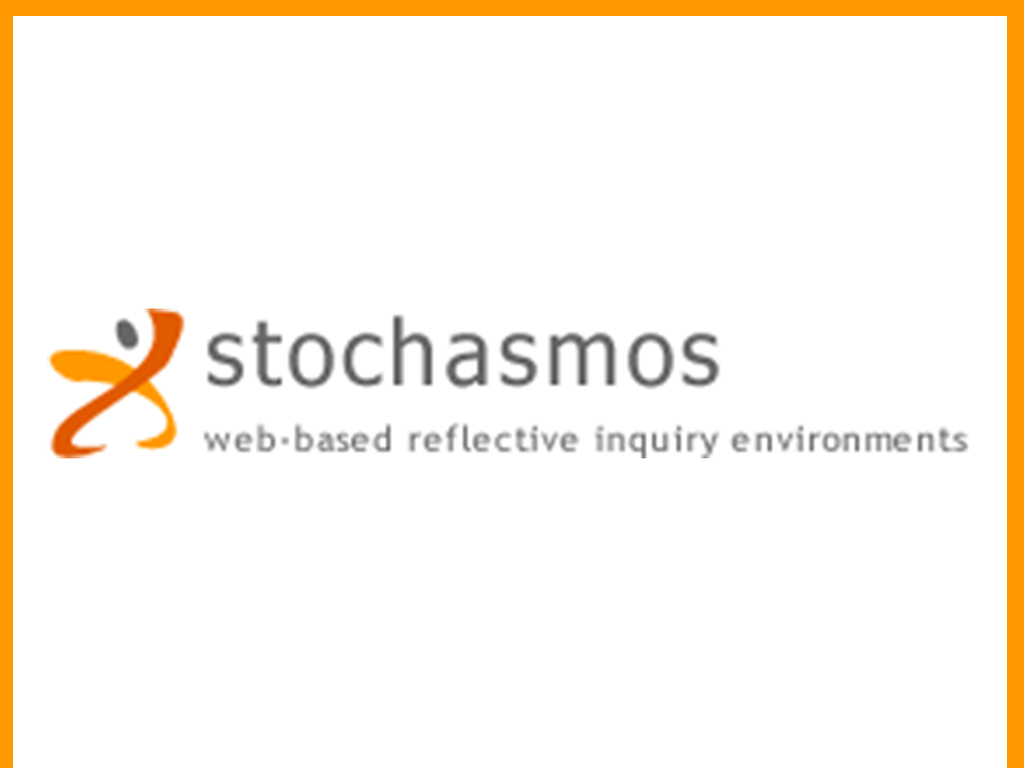
Stochasmos (Kyza & Constantinou, 2010) is a web – based learning platform for supporting students’ scientific reasoning through scientifically authentic investigations with an embedded authoring tool. Teachers and other instructional designers can use this system to design their own web – based investigations with reflective supports. The STOCHASMOS platform is available in English, Greek, Arabic, Dutch, German, Hebrew, and Swedish. The platform was the main product of the STOCHASMOS project which investigated the role of new technologies in supporting middle-school students’ reflective inquiry practices in science and, in specific, the role of technology-based supports in scaffolding students’ reasoning with scientific data. The research part of the project examined the interactions of the students with the web-based environment following a mixed-methods approach.
Find out information about STOCHASMOS here.
Focus: Development of STOCHASMOS web-based platform for the development of inquiry-based learning environents
Funding: European-funded project
Status: Completed
Related Publications
Kyza, E. A., Constantinou, C. P., & Spanoudis, G. (2011). Sixth graders’ conceptual understanding of iotic and abiotic factors during a disturbance in an ecosystem. International Journal of Science Education.
Kyza, E. A., Michael, G., & Constantinou, C. P. (2011). The design and investigation of a web based synchronous and asynchronous peer feedback mechanism. Proceedings of the 9th International Conference on Computer Supported Collaborative Learning, University of Hong Kong, Hong Kong, China, (July 4‐8, 2011). [Short paper.]
Michael, G., Papadouris, N., Kyza, E. A., & Constantinou, C. P. (2010). Developing and evaluating a web‐based learning environment for helping 6th grade students appreciate subjectivity and uncertainty in science. Proceedings of ICLS2010: Learning in the Disciplines Conference, Chicago, IL, USA, June 29‐July 2, 2010 [Poster].
Kyza, E. A. (2009). Middle‐School Students’ Reasoning About Alternative Hypotheses in a Scaffolded, Software‐Based Inquiry Investigation. Cognition and Instruction, 27(4), 277‐311.
Spanoudis, G. & Kyza, E.A. (2009). Integrating knowledge of cognitive system and e‐learning applications. In C., Mourlas, N., Tsianos, & P. Germanakos (Eds.), Cognitive and Emotional Processes in Web‐based Education: Integrating Human Factors and Personalization, Advances in Web‐Based Learning Book Series. (pp.72‐85). Hershey, PA: IGI Global Publishing.
Kyza, E. A. & Constantinou, C. P. (2008). A design‐based approach to professional development: the need to see teachers as learners to achieve excellence in inquiry‐based science education. In Zumbach, J.; Schwartz, N.; Seufert, T.; Kester, L. (Eds.) “Beyond Knowledge: the Legacy of Competence Meaningful Computer‐based Learning Environments”. (pp.173‐181). Springer.
Kyza, E. A. (2008). Promises, Challenges, and Realities of a Design‐based Approach to e‐Portfolios. Proceedings of the 7th European Conference on E‐Learning (ECEL 2008), Grecian Bay Hotel, Ayia Napa, Cyprus, 6‐7 November 2008.
Kyza, E. A. & Constantinou, C. P. (2007). Web‐based platforms for learning in science education. In CIT in Primary Science: A Handbook for Teachers, Cyprus Ministry of Education and Culture, Nicosia, 2007. [In Greek.]
Kyza, E. A., Michael, G., & Constantinou, C. P. (2007). The rationale, design, and implementation of a web‐based inquiry learning environment. In Zacharia, Z. C. & Constantinou, C. P., (Eds.) Proceedings of the 8th International Conference on Computer‐based learning in Science. Crete, Greece.
Ioannou, A. S., Constantinou, C. P., Papadouris, N., & Kyza, E. A. (2007). Development and assessment of web based curriculum materials for decision‐making about socio‐scientific issues: the example of trace chemicals in drinking water. In Zacharia, Z. C. & Constantinou, C. P., (Eds.) Proceedings of the 8th International Conference on Computer‐based learning in Science. Crete, Greece.

